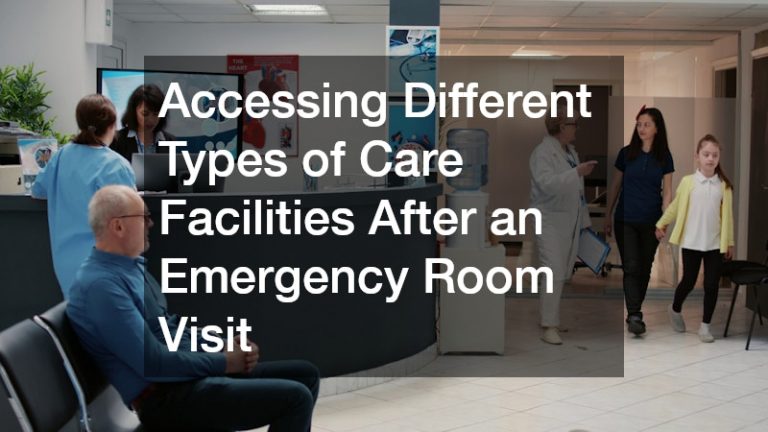Compassion is often viewed as a rare trait in this modern world. While many people admire those who show compassion, pure and unadulterated kindness has become rare and hard to find. This is mostly because people tend to take it for granted.
In a journal published by Research Gate, compassion in healthcare is vital because it allows health professionals to understand and empathize with their patients. Some studies show that compassion has played a role in successful patient outcomes and has even led to increased immune systems and cancer patients’ survival rates.
Positivity Speaks Volumes
Compassion is more than just a kind word and showing sympathy to your patients. It is about being present and engaging with them and putting them at ease in times of distress. This is particularly important when the patient has a serious medical condition.
According to Dr. Robert Youngson, there are two types of compassionate healthcare workers. The first being the empathetic professionals, and the second being those who are not naturally inclined towards empathy but have successfully attended a doctors and patients communication course.
The first group of healthcare professionals are naturally empathetic and gravitate towards their patients. While they are not naturally empathetic, the second group of healthcare professionals has completed a doctor and patient communication course. Communication is a skill that you can learn.
For example, you can show compassion to your patients by talking and listening to them. This way, you will be able to put them at ease and calm their fears. Never underestimate the power of touch. Simply especially your patient’s hand, especially during the difficult times, can mean so much to them.
This is especially important to those patients who have become so sick that they have to avail themselves of home healthcare services. The anxiety and isolation can be too much to bear, but showing compassion and kindness can help alleviate these feelings of anxiety and depression.
Compassion and Work
Compassion should be a driving force in how we practice our professions. We are not mere cogs in a well-oiled machine. For a patient, the hospital environment can be cold and unforgiving. It is an unfamiliar place for them with all its machines, wires, and tests. If left unchecked, fear, loneliness, and anxiety can result.
Healthcare professionals can adapt to a wide range of environments. Whatever the situation might be, one thing remains constant: the need for compassion.

The Need for Genuineness
These days, it is hard to find people who have no ulterior motives. Carl Rogers said that a good patient-and-doctor relationship needed to have three things: empathy, honesty, and genuineness.
All three are essential in building and maintaining a healthy patient and healthcare professional relationship. While healthcare professionals are rarely trained on emotional intelligence, they learn it as they go about their work.
With this, nonverbal communication is important, and reading into what the other is not saying becomes vital. This skill allows the patient and healthcare worker to work with each other.
Being genuine also goes a long way. Taking the time to learn about a person’s personal interests can mean so much more than you think it does. Getting to know more about their hobbies or whatever keeps their soul alive is more comforting to talk about other than their condition and medical procedures.
Compassionate Healthcare Goes Beyond Being Polite
Compassion goes beyond politeness. As professionals, it is expected that you behave with professionalism and that you greet people with a smile. In stressful situations, anxiety can be contagious. You do not want your anxiety to transfer onto your patient. Instead, keep open communication and positive body language to establish trust.
Compassion Means Acknowledging Their Feelings
There is this saying that the world needs kindness because you never know what people are going through. Take time to know about a person’s background, because this way you will be able to avoid any miscommunications.
Look through the other person’s eyes with patience and understanding. Sometimes it is better to say, “I understand” than “I know.” Empathy goes a long way, especially when dealing with serious situations involving life and death. It would help if you chose your words wisely because it can come off as dismissive on your part.
Compassion does not have to be a rare trait. It is essential not just in the medical field but also in everyday life. A person who lives each day with kindness is a blessing to all. Remember that while it is your cause to be compassionate to your patients, do not forget to be compassionate to yourself as well.




